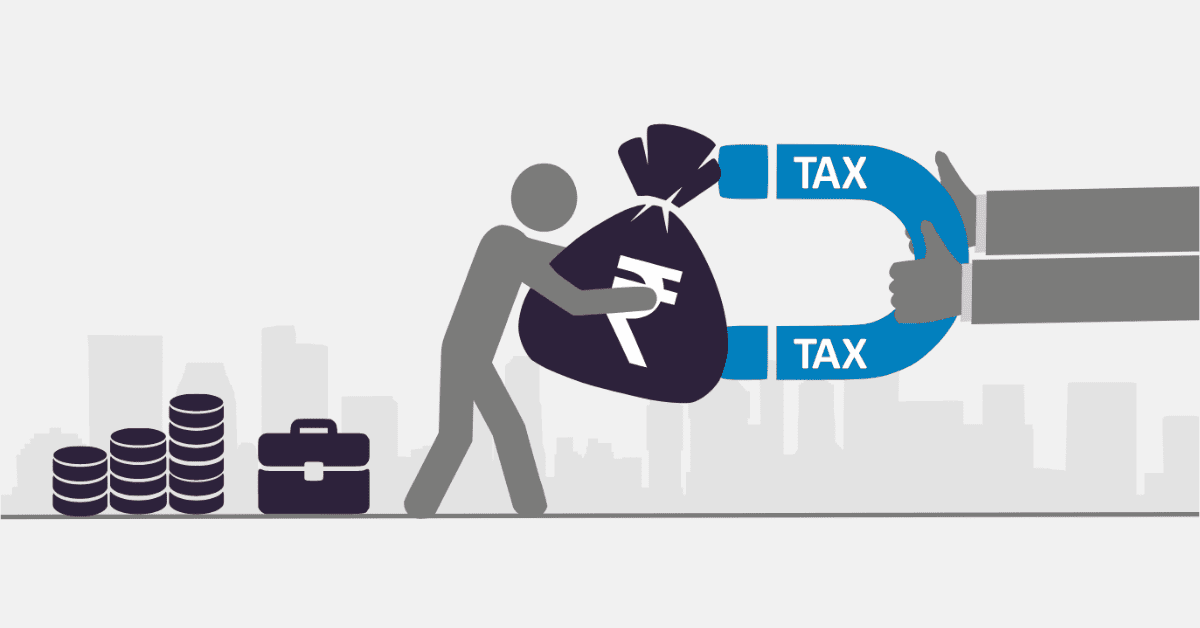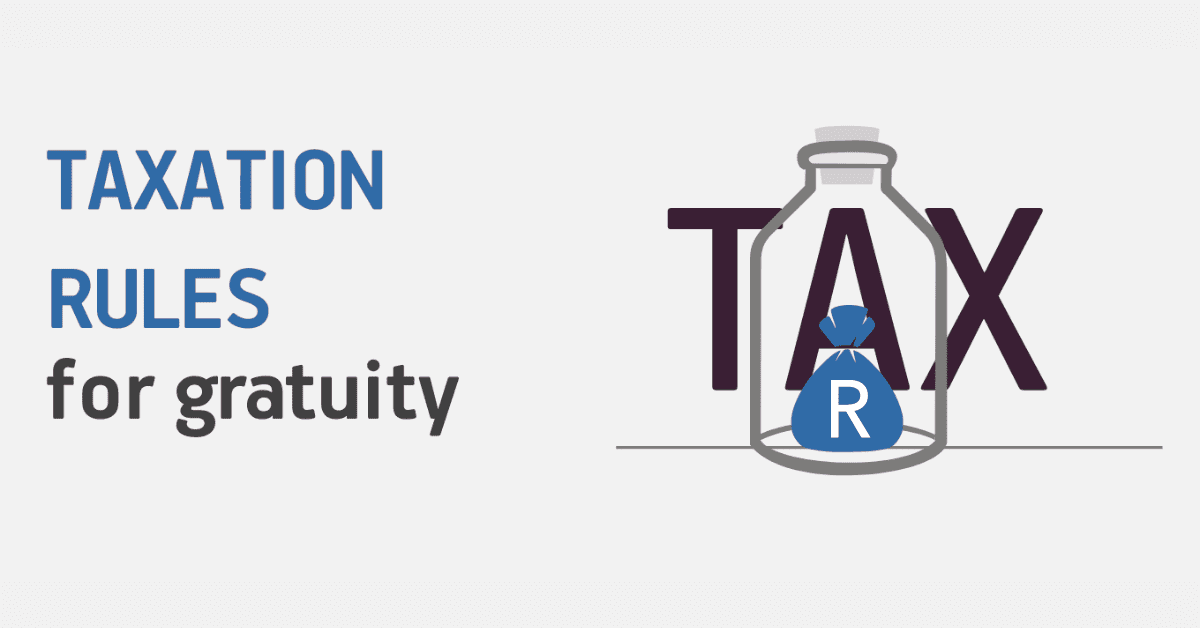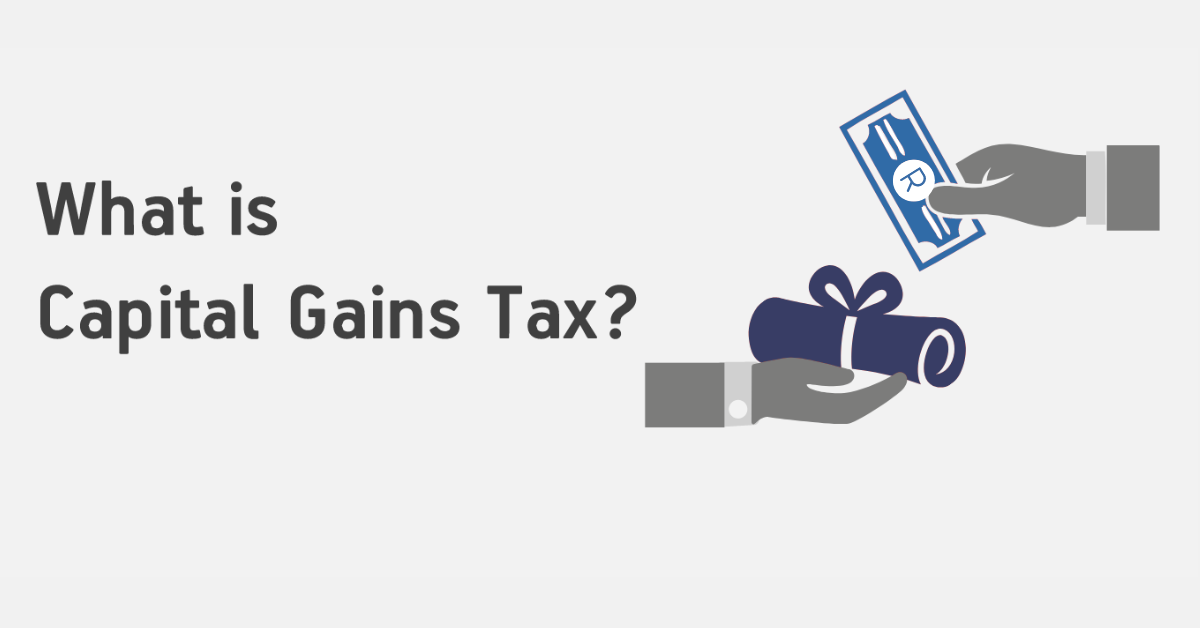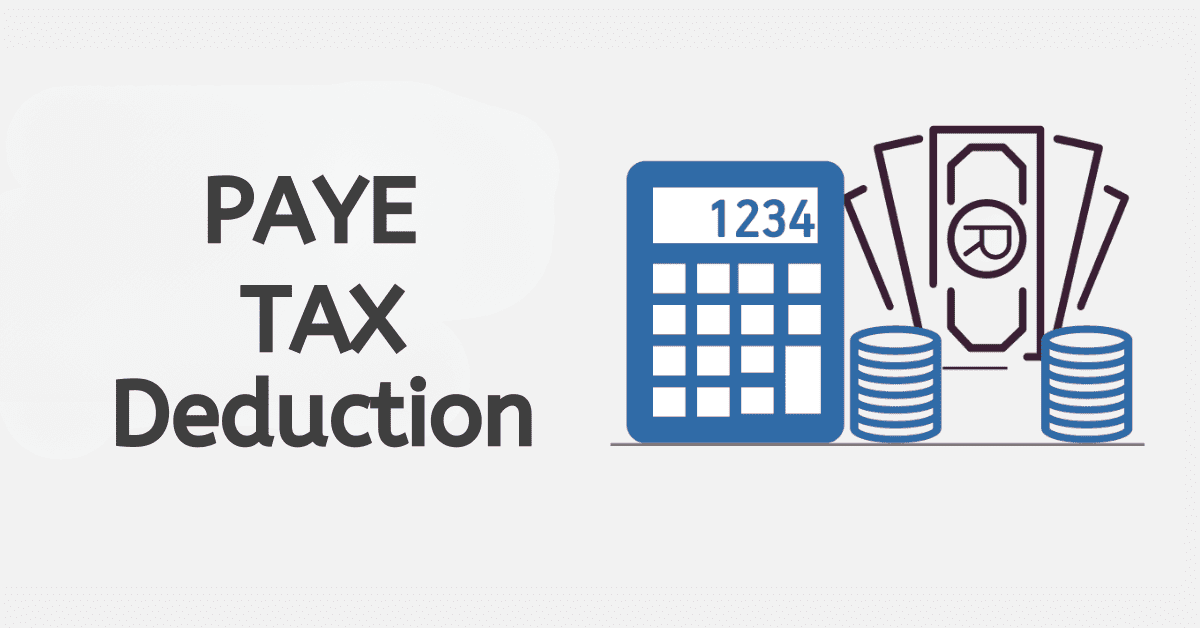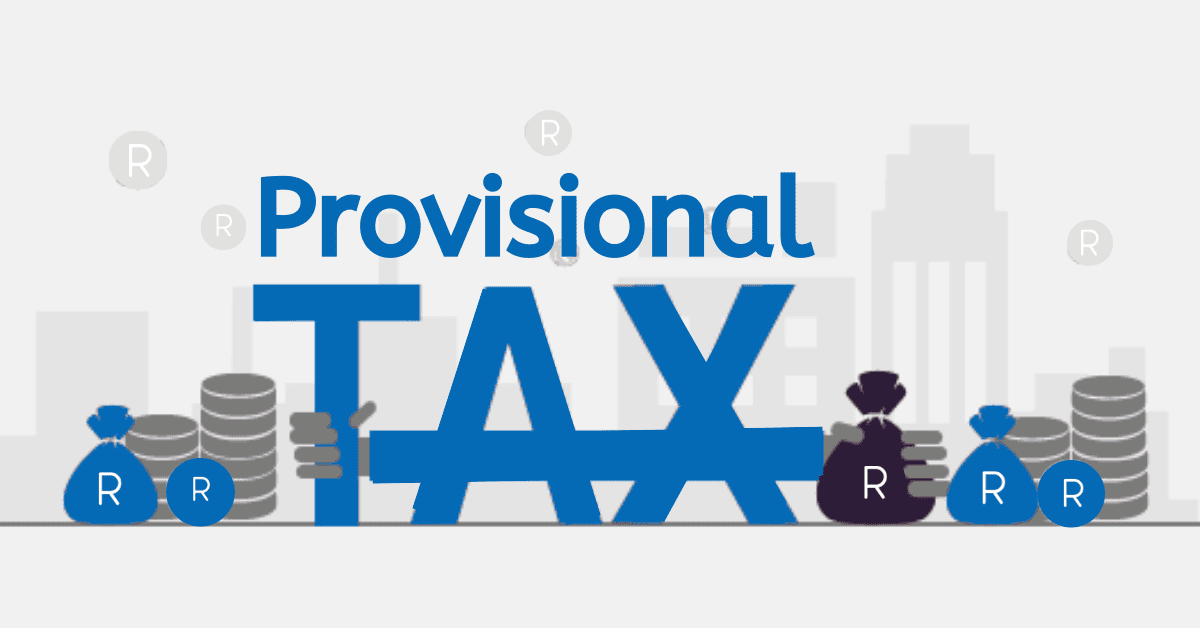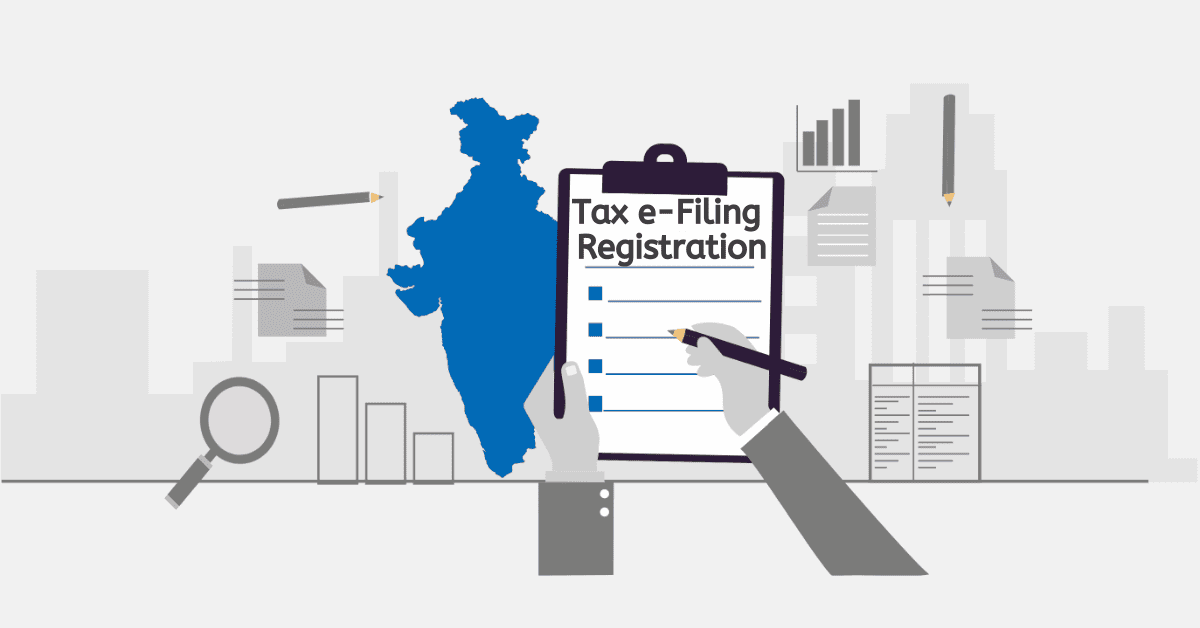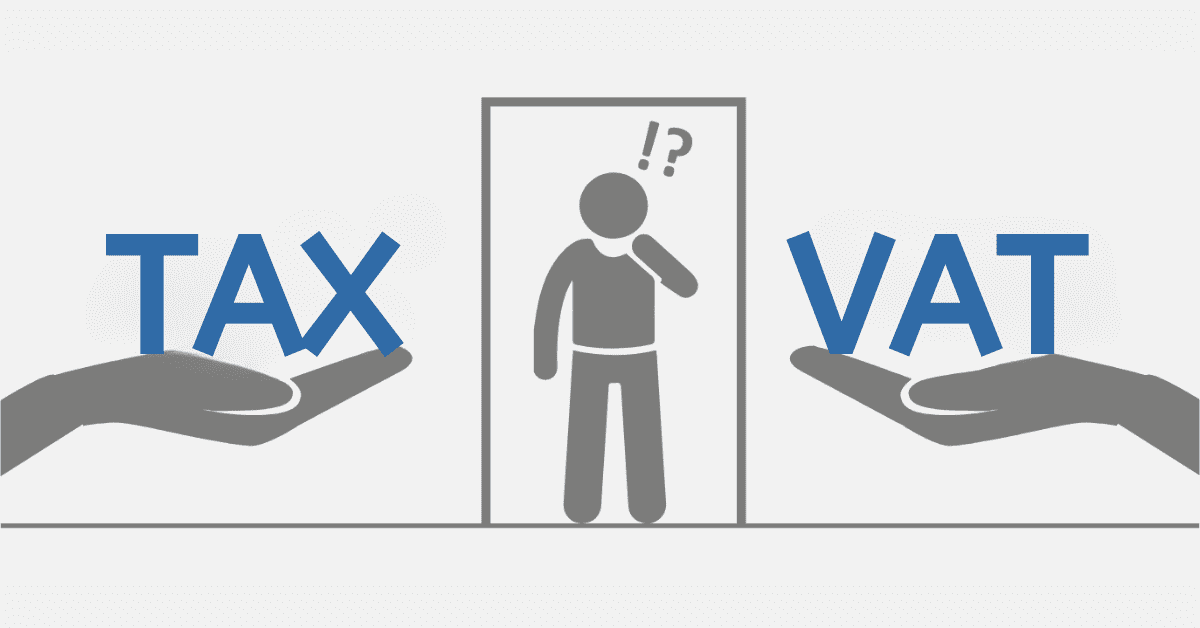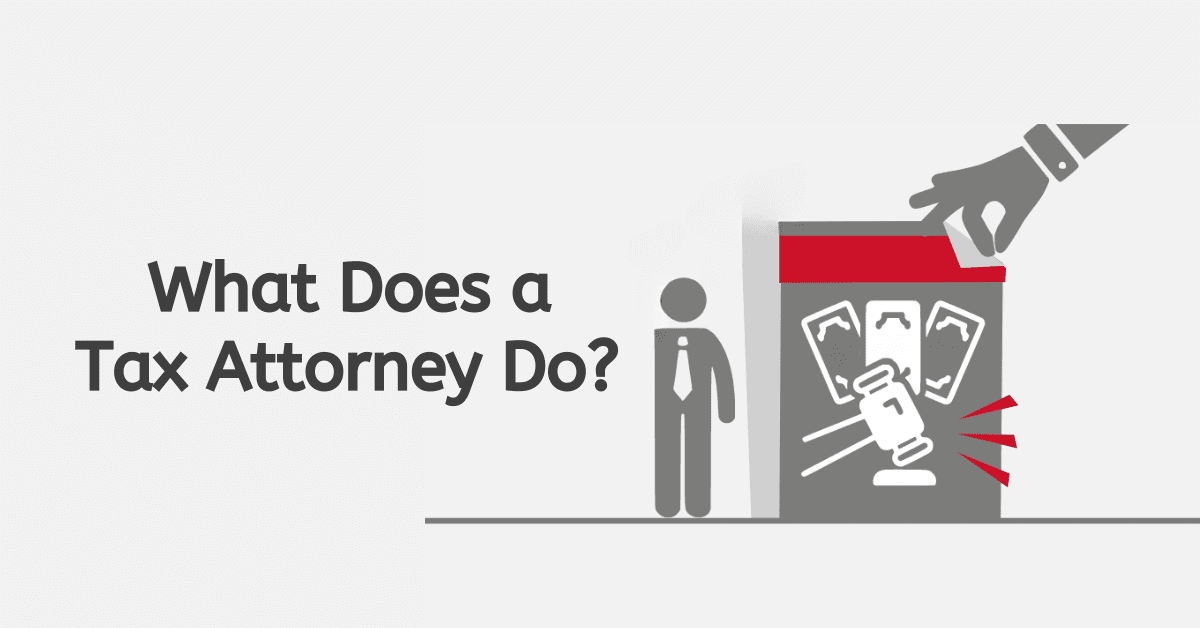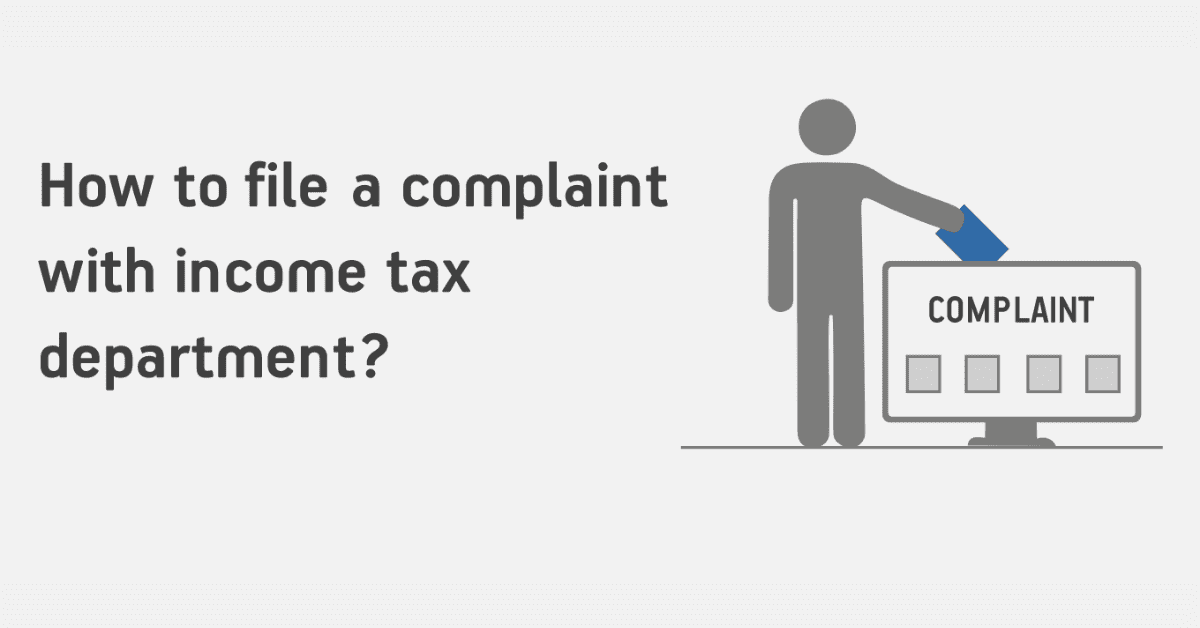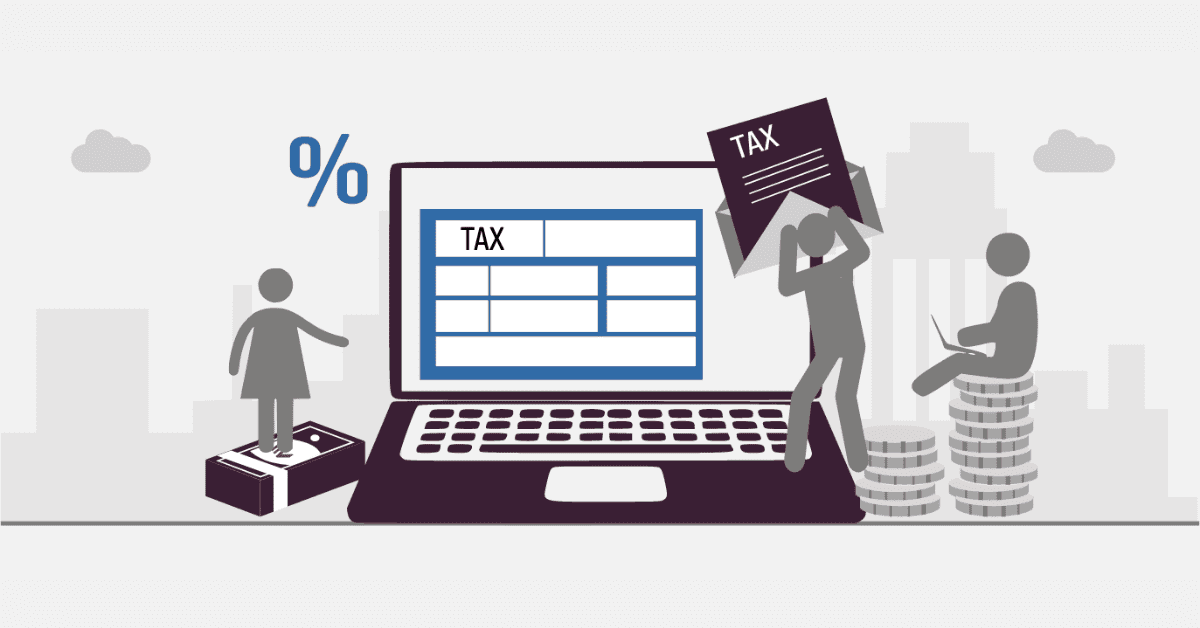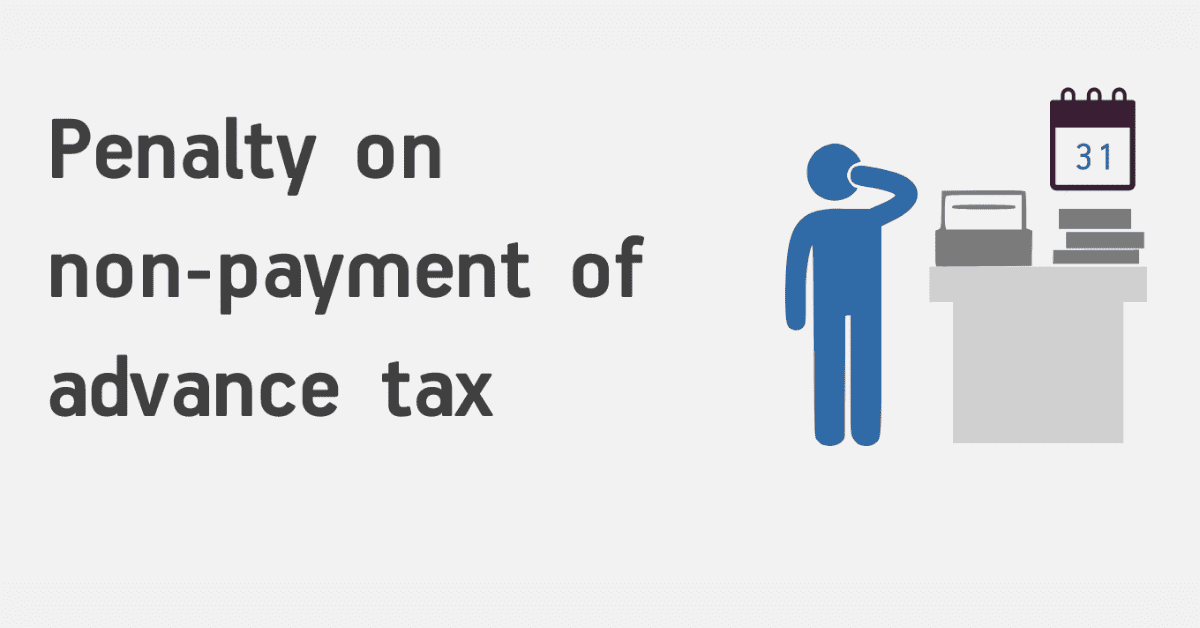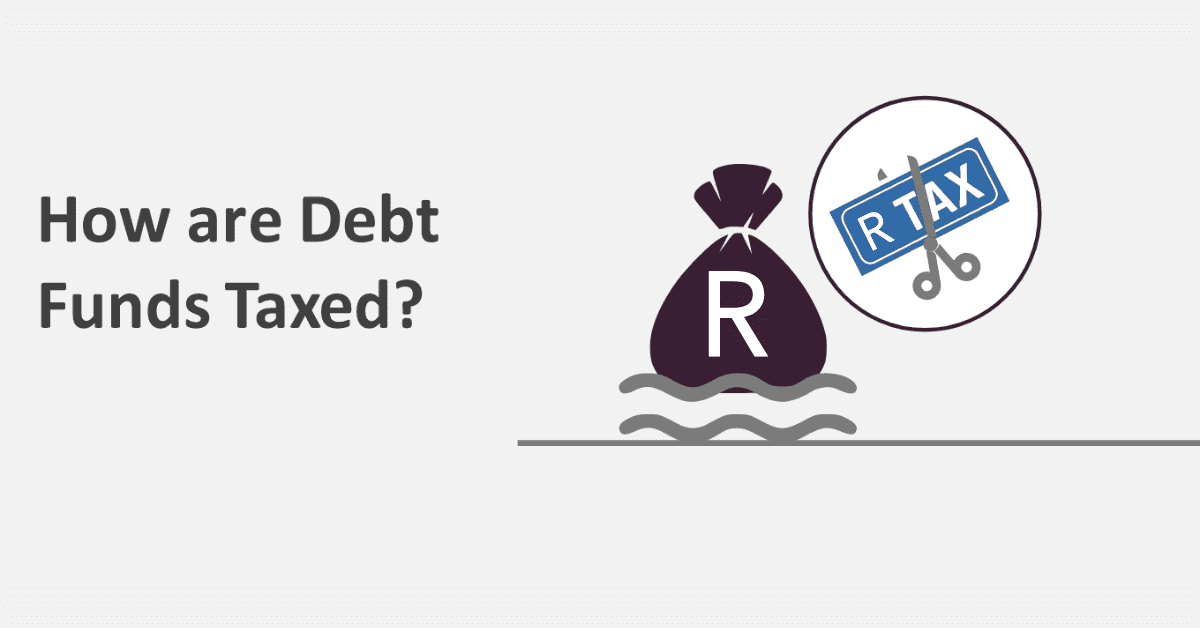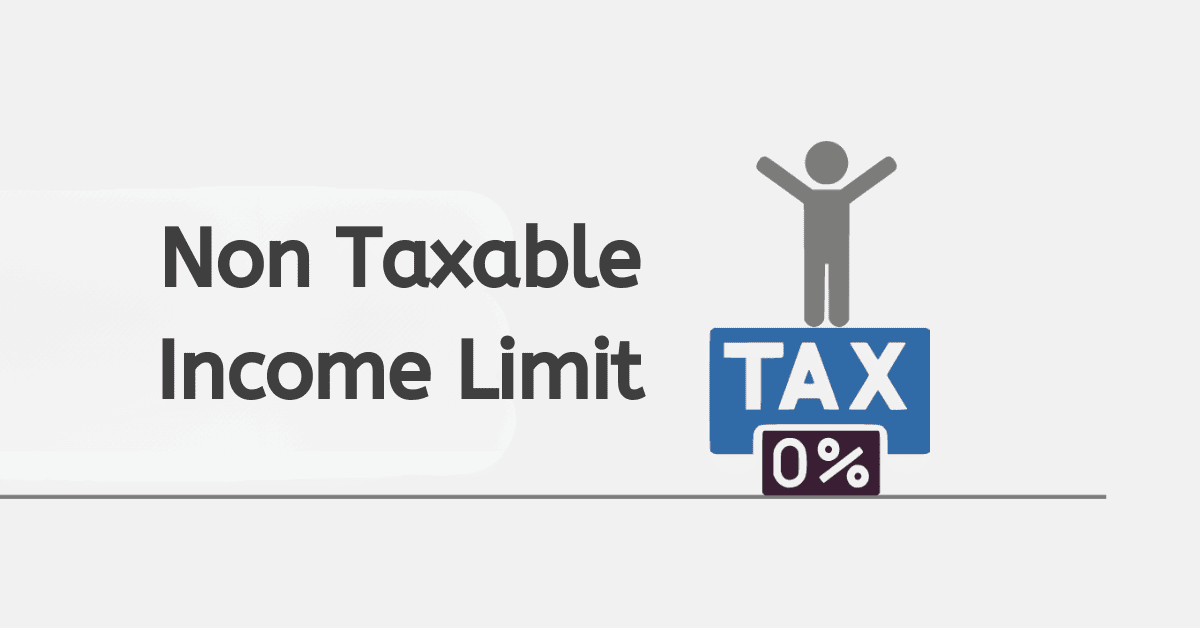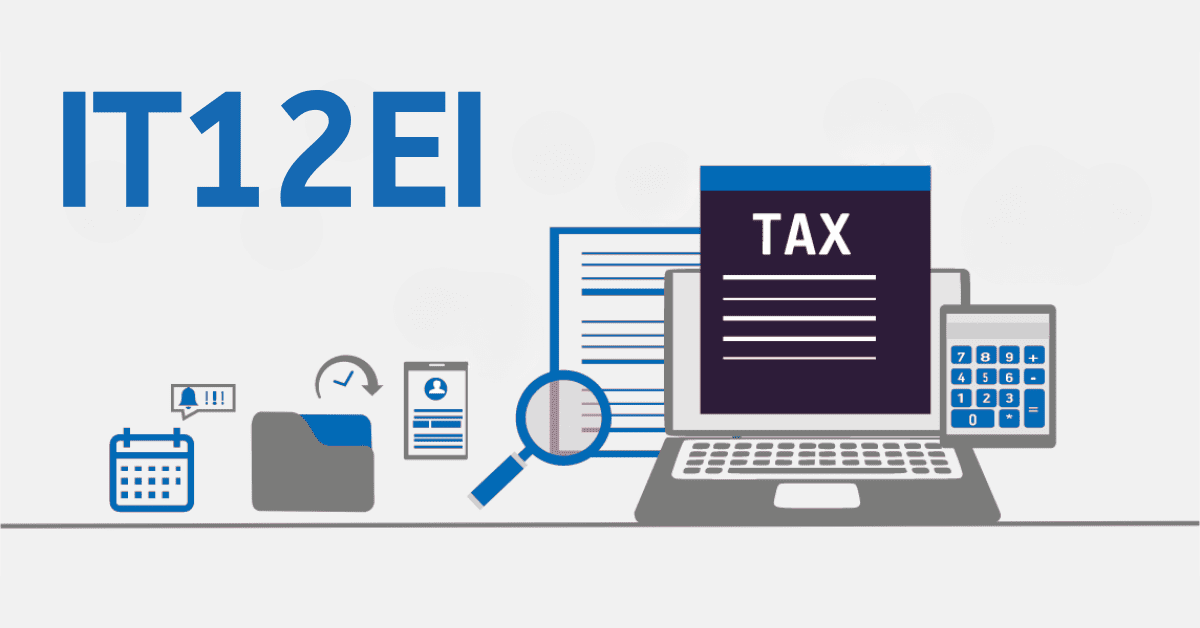South African companies or individuals often engage in business with clients outside the country, and this is a common occurrence across Africa. In such kind of transaction, the customer withholds the tax which is determined by the amount of transaction on the invoice, which can be more than 25%. South African-based companies are liable for paying 28% tax on taxable income received from foreign sources, and this can lead to double taxation. Section 6quat rebate and income is used to deal with income obtained from sources outside South Africa. This guide highlights different things about the Return for Withholding Tax on Interest (WT002).
What Does Withholding Tax on Interest Mean?
The Withholding Tax on Interest refers to the tax charged on interest paid by any individual to benefit a foreign person, including individuals and companies. The tax is levied on income from a source in South Africa. The foreigner is responsible for meeting the tax, but the person making the interest payment for the benefit of the foreigner must withhold the tax.
Interest that is paid to non-residents of South Africa is levied at 15%, which is the final withholding tax rate. All foreigners who get royalties or interest payments from South Africa should pay this 15% tax rate. The South African responsible for paying such money is liable for withholding and remitting the tax to the South African Revenue Service (SARS) on behalf of the recipient who is a foreigner.
How Do You Get Withholding Tax Back?
The taxpayer must submit a Return for Withholding Tax on Interest (WT002) and other relevant documentation supporting the foreign tax withheld to SARS. This form provides a summary of the tax withheld and interest payments during that particular month to SARS. The FTW01 must be submitted to SARS within 60 days from the day on which the foreign tax is levied and withheld.
In some instances, South African companies can be levied up to 28% on taxable income received from different sources. This can lead to a situation where a business ends up being double taxed on the income received from foreign sources.
However, Section 6quat and 6quin of the Income Tax Act 58 of 1962 (ACT) provides relief on tax withheld. When you submit the FTW01 form, SARS is presented with an opportunity for recovery of the tax owed by the foreign government. The deduction is based on the value of the underlying income leading to foreign tax. When the foreign tax paid is more than the amount deductible, the excess amount will be forfeited, and it will not be carried to the following year of assessment.
If the taxpayer is unable to claim other forms of relief from double taxation like the sections of 6quat and 6quin, they can claim section 6quat (1C) deduction. With this deduction, foreign taxes paid are claimed as deductible expenses accrued during the production of income. While the company gets some form of relief, it will lose about 72% of foreign tax if it applies this method.
South African businesses dealing with customers in foreign countries must know the tax effects regarding the aspect of withholding taxes on goods and services provided. It is a good idea to enlist the services of a tax professional if your business operations involve cross-border transactions.
How Does Withholding Tax Work in South Africa?
All non-residents are levied a 15% withholding tax for receiving interest on royalties and certain payments from South Africa. In this case, the South African payer of the money is responsible for withholding and remitting the tax to SARS on behalf of the recipient, who is a foreigner.
South Africa comprises a comprehensive double-taxation treaty (DTT) network, which helps reduce or cancel the 20%/15% withholding tax rates levied on royalties and specific income types. When income comes from a source outside the country where a physical product or service is provided, section 6quat of the rebate.
On the other hand, income that comes from a physical service rendered in South Africa but benefits a foreign company is addressed according to section 6quin rebate or section 6quat (1C) deduction. Taxpayers should have a good understanding of sections 6quat and 6quin so they know how they affect their tax affairs.
How Much Is the Withholding Tax?
With effect from 1 January 2015 to date, the withholding tax rate is 15%. This applies to all non-residents who get royalties or interest on specific payments from South Africa. If the payer is South African, they are responsible for withholding the tax and remitting it to SARS on behalf of the foreign recipient.
If you are a foreigner and you get income from royalties or other related payments from South Africa, you will be levied Withholding Tax on Interest. It is crucial to know the implications of WTI on these types of income. The good news is that the taxpayer can get back the tax by submitting a Return for Withholding Tax on Interest (WT002) and other necessary documentation to SARS. This form consists of all the details related to foreign payments.
